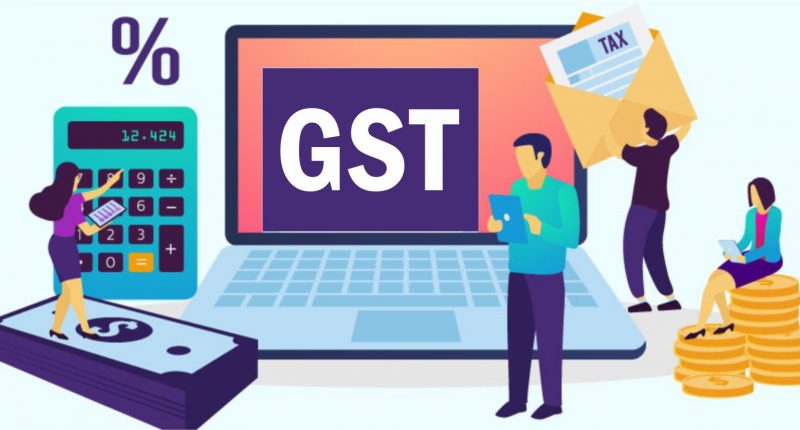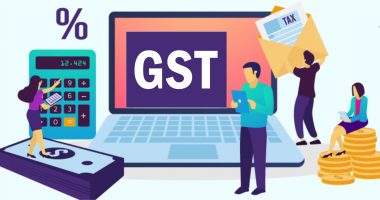It’s been five years since the historical indirect tax law, i.e., Goods and Service Tax (GST), was implemented, through which almost all the Indian indirect tax laws were subsumed. This law has given clear visibility of taxes paid, unlike earlier indirect tax laws where businesses have to include few taxes in the cost of product/service.
The government considered GST a game-changer for the Indian economy; however, businesses have had many concerns as GST has evolved. Businesses had to redefine their processes and streamline operations to claim accurate Input Tax Credit (ITC), implement e-way bills and e-invoicing, comply with continuous amendments, etc.
Also, the businesses could use the GST data as master data to validate the ecosystem’s suppliers, customers, and other stakeholders. GST invoices helped by creating a sales data repository that any internal team can use. It also eased invoice discounting and other invoice financing options for businesses.
In 2018, businesses witnessed the e-way bill, and initially, they faced a lot of troubles due to system errors, and real-time support from the department was also missing. Later, the department deployed the required capabilities and eased the e-way bill generation.
After this, the department came up with e-invoicing and implemented it in a phased manner for 4.2 lakh businesses. With the experience learned from the e-way bill, the department coordinated with businesses to smoothly implement e-invoicing.
e-Invoicing has completely changed how businesses share and use invoice data. Accordingly, the e-invoicing initiative brought significant changes in business processes, including invoicing, e-way bills, and return filing.
The department removed the provisional ITC entirely in a phased manner. Due to that, the businesses had to shift the gear and perform frequent reconciliations, preferably real-time and continuous vendor follow-ups. They had to deploy more resources to maximize the ITC claims, but sometimes, they lost the ITC due to non-cooperation from vendors.
Also, Council amended the law that any excess claims or failure to comply with this condition can make a business liable to penalties or, even worse, the department can suspend the GST number of the business.
The never-ending amendments push taxpayers to streamline their tax compliances and adopt a highly digitized and automated approach, especially for data reconciliations and ITC claims.
How to make it a good and simple tax?
The initial thought of businesses was that the GST would be a good and simple tax. GST, a unified indirect law, has to ease the businesses, and the business had many expectations, including removal of double taxation, minimal compliance, and widened national market, etc.
The government has undoubtedly succeeded in aspects such as nudging return filing, improved revenue collections, implementing e-invoicing, etc. However, the businesses are still burdened with compliances, notices, tax demands, etc.
The purpose and intent of the GST law were clearly intended to ease compliance for businesses. Still, few elements, such as over-restrictive rules, misunderstanding of provisions by GST officers, over-compliance for small businesses, etc., have unsettled businesses. Businesses can realize more benefits from GST when the persisting issues are resolved.
For any clarifications/feedback on the topic, please contact the writer at dvsr.anjaneyulu@clear.in
DVSR Anjaneyulu known as AJ, is a Chartered Accountant by profession. Loves to listening to music & spending time with family and friends.




